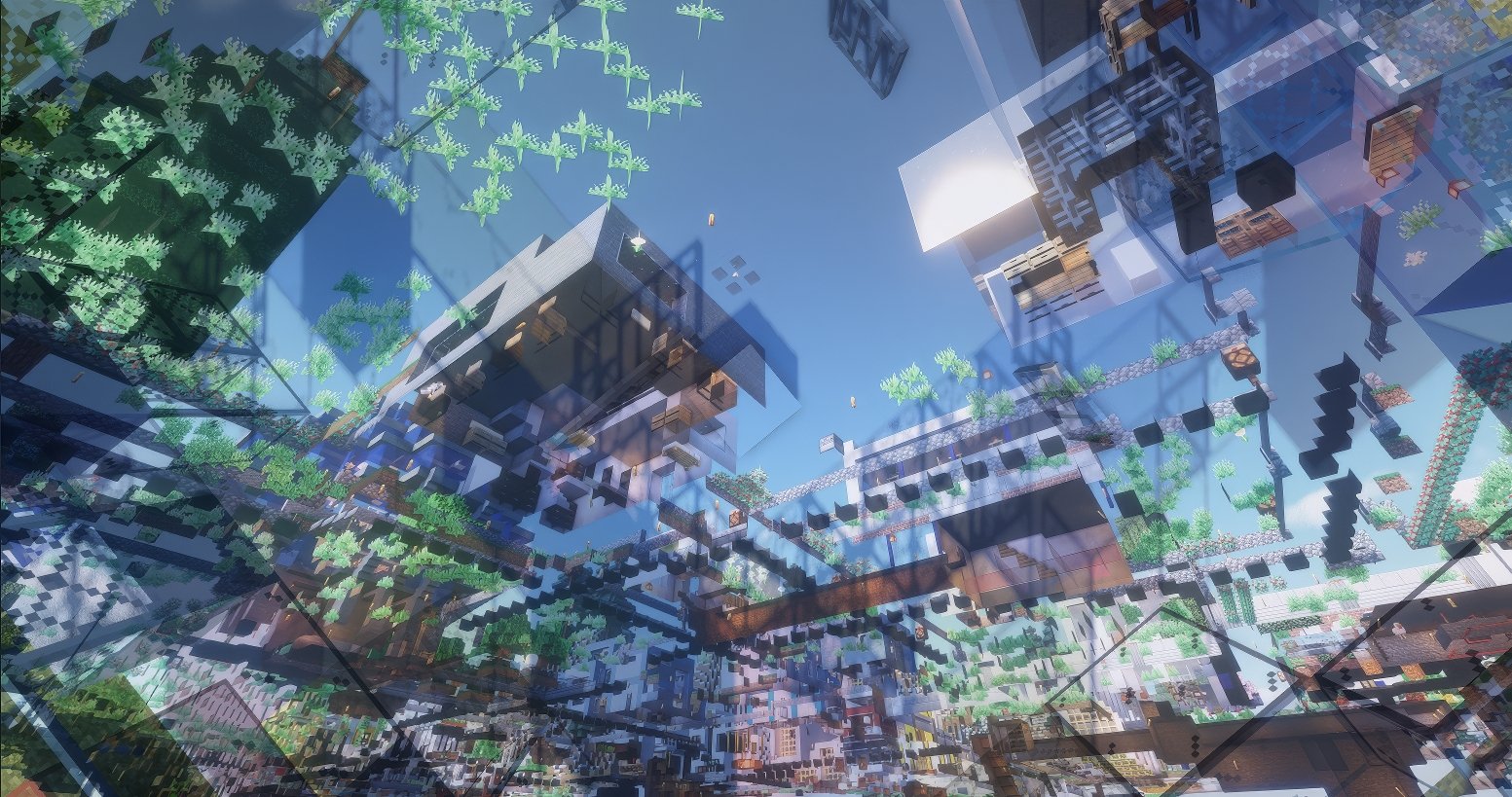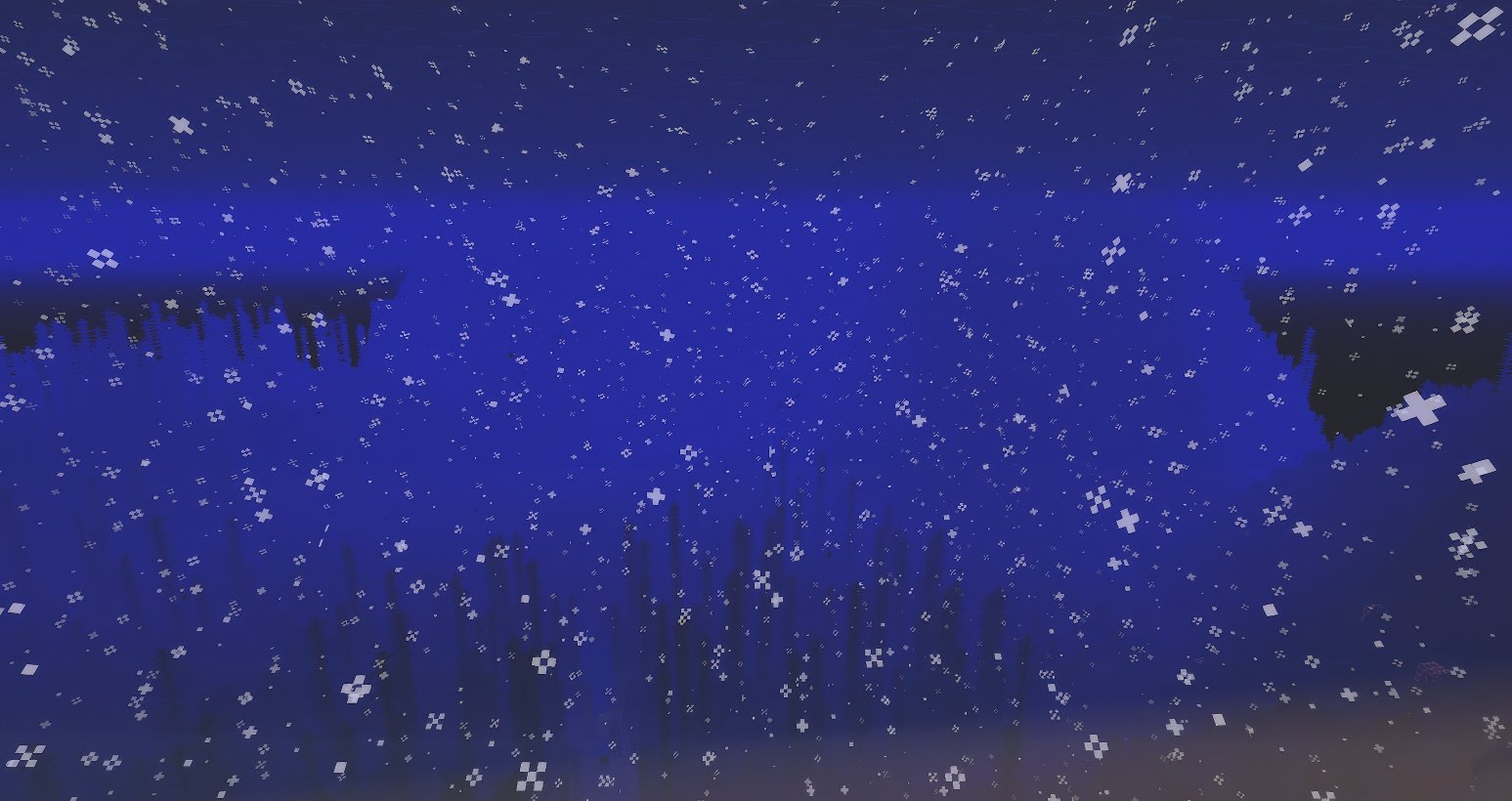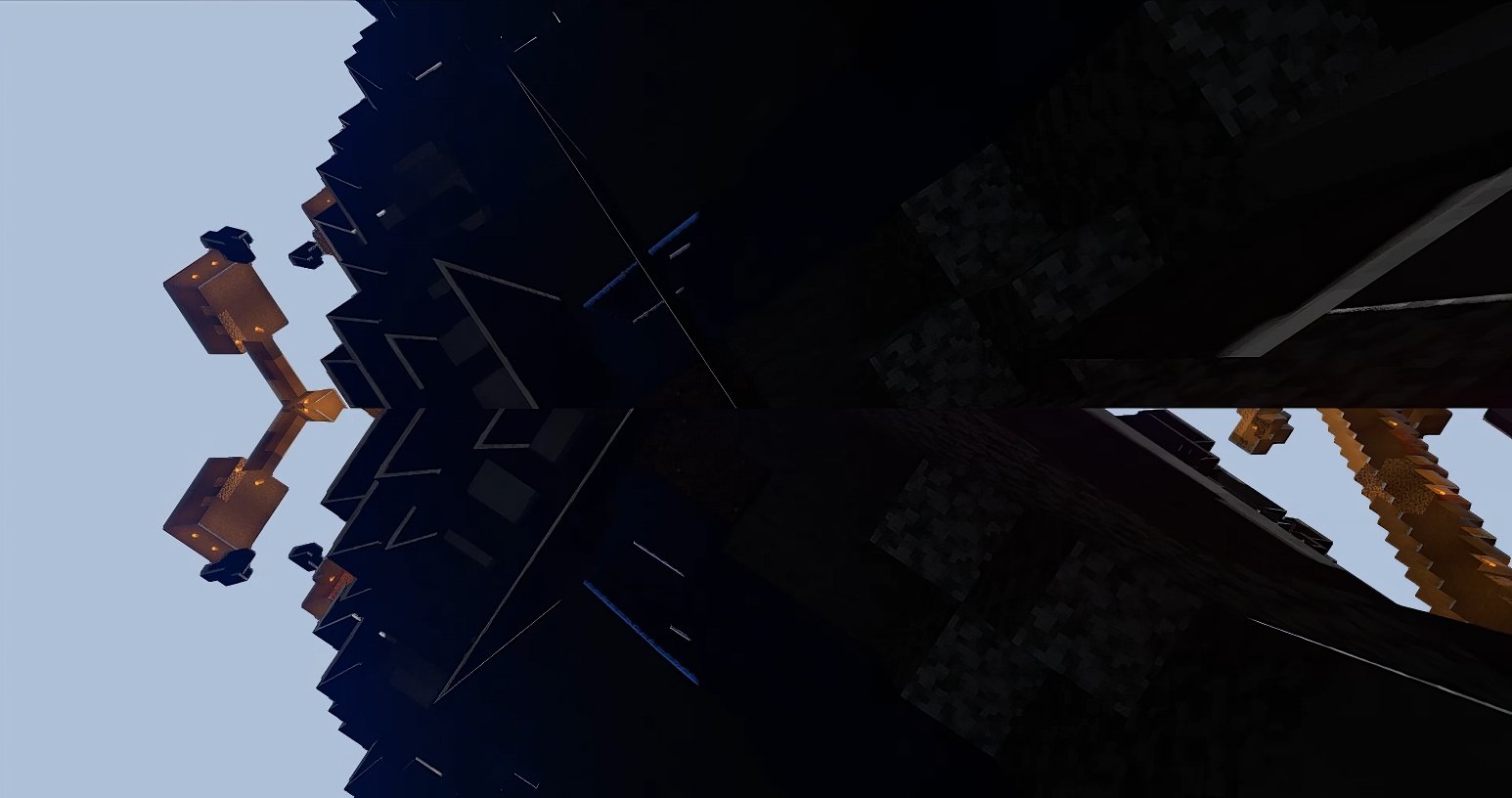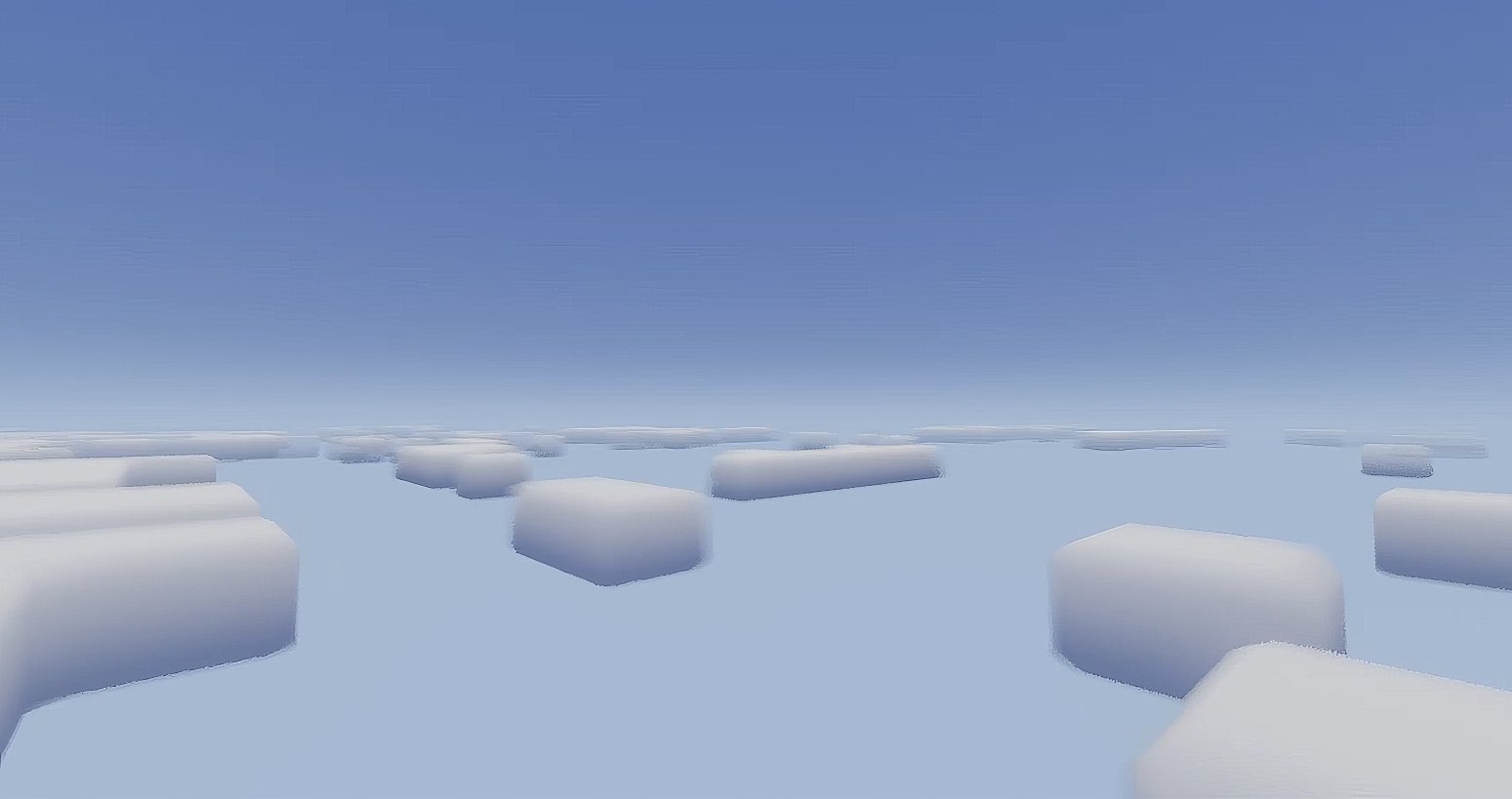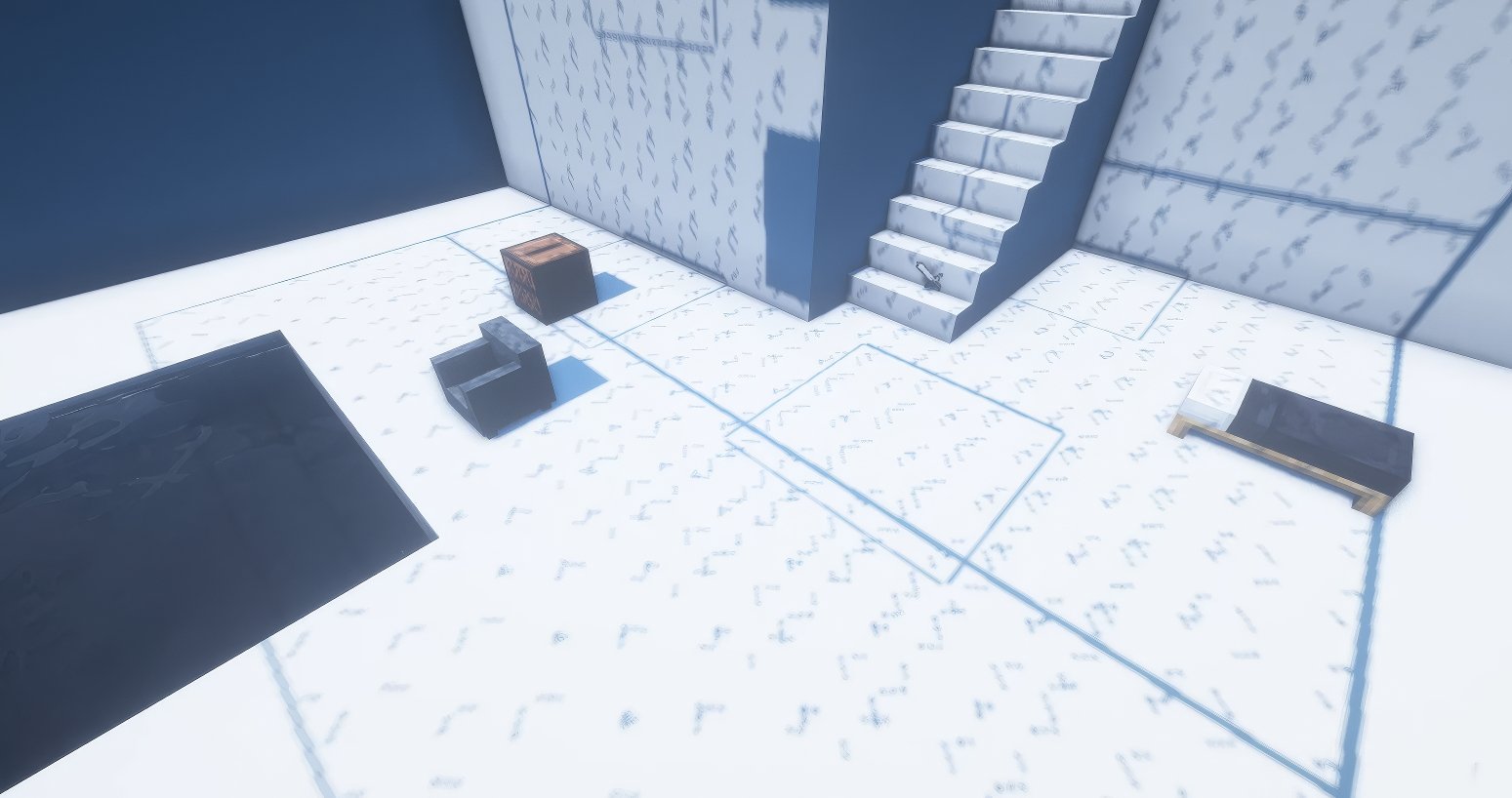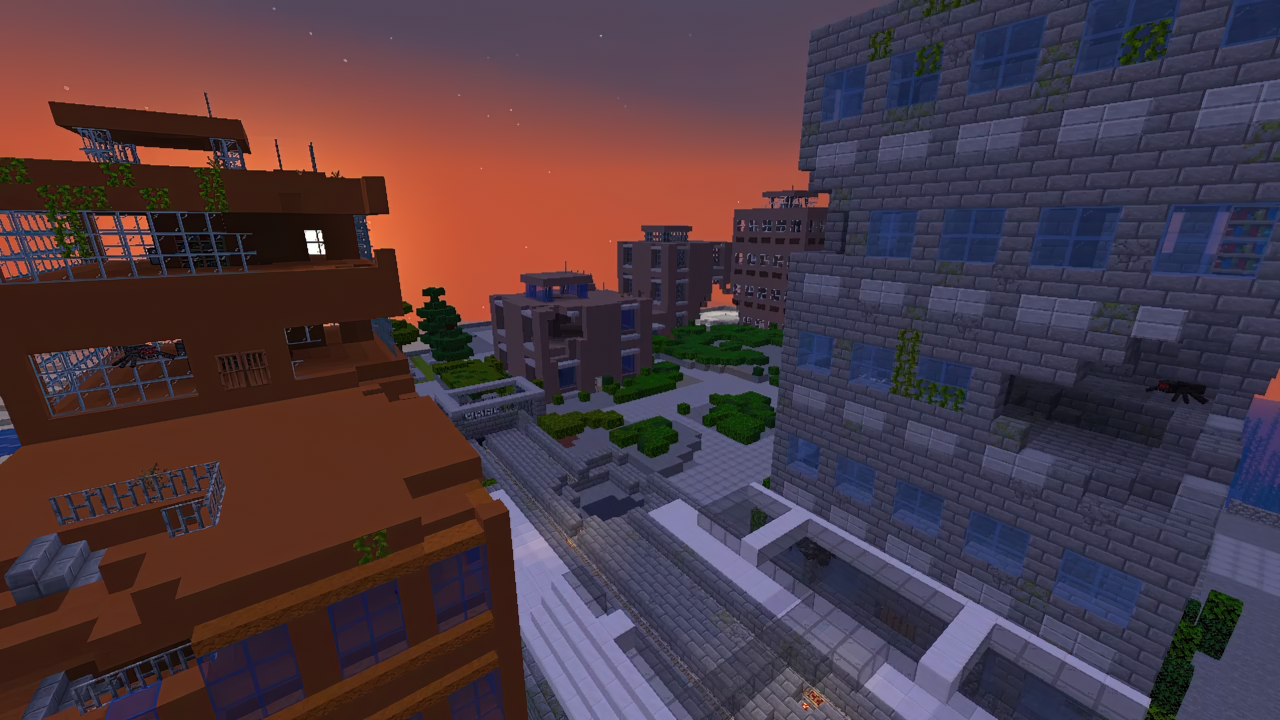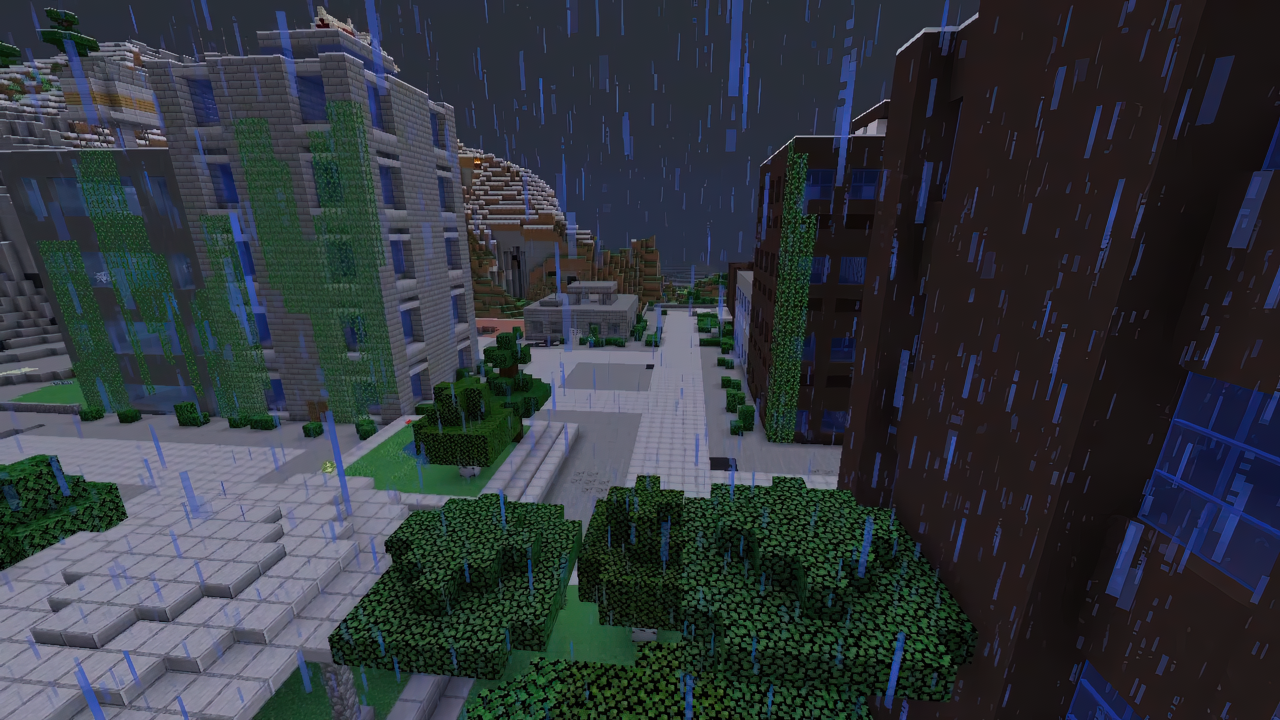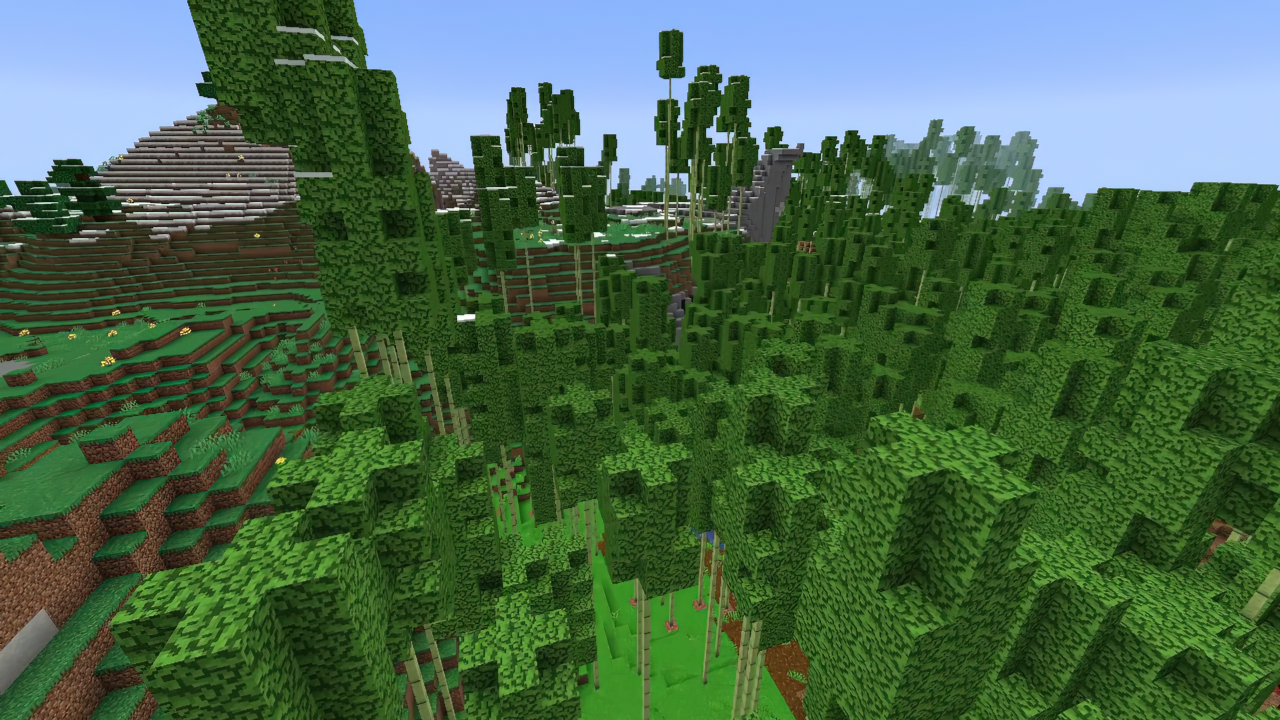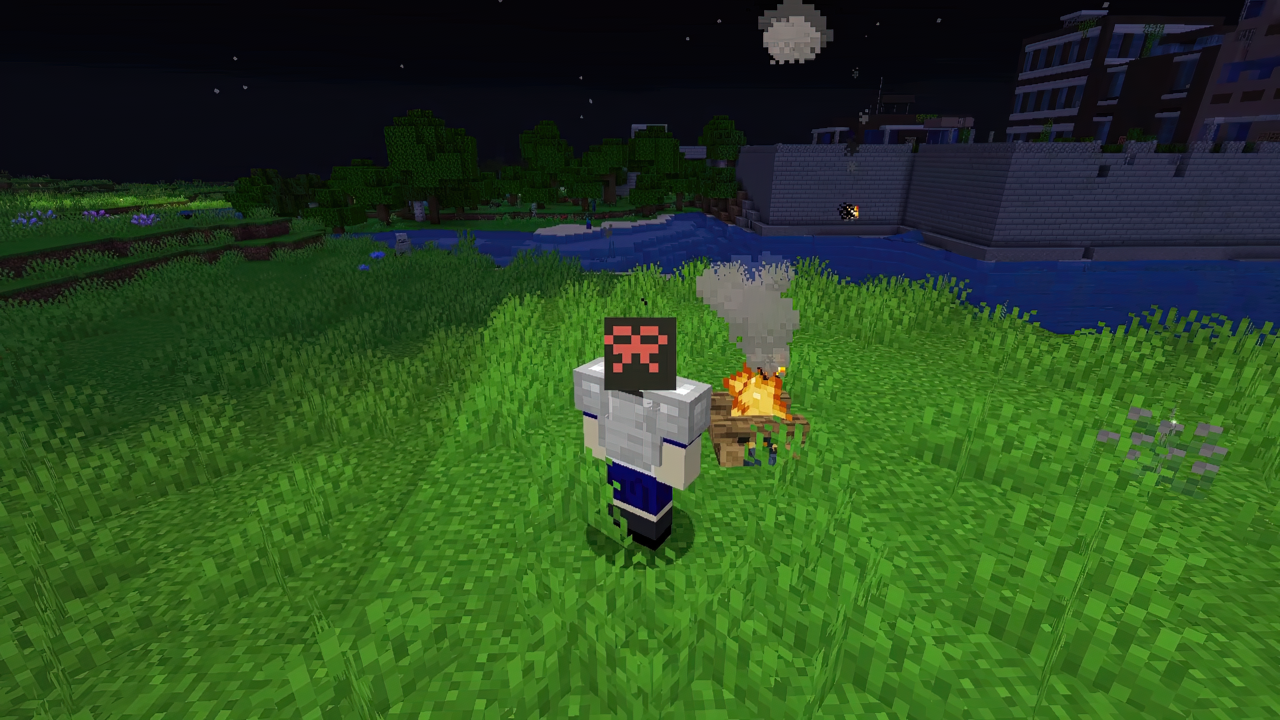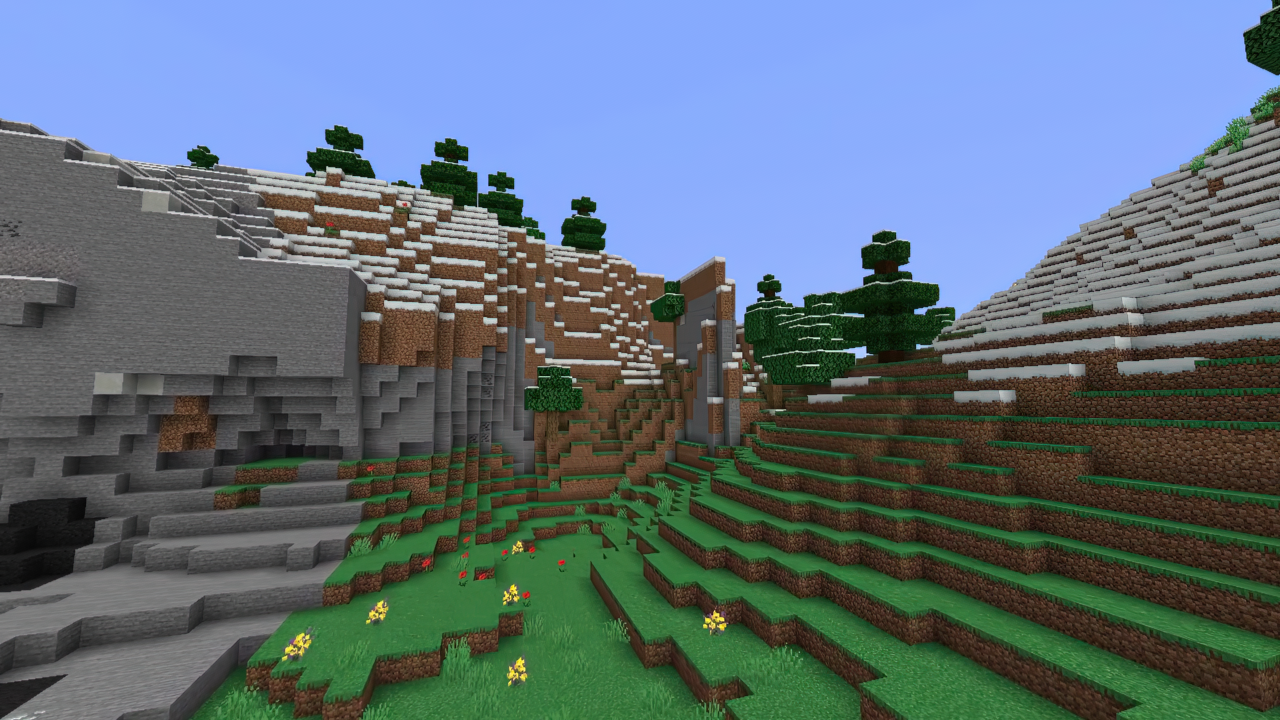The Milan Machinima Festival is proud to welcome acclaimed filmmaker Gina Hara as our inaugural Artist-in-Residence.
During her upcoming festival residency in Milan, Ms. Hara will present her latest work, partecipate in the upcoming In-Game Photography conference, while also leading a 1-day workshop for students enrolled in IULM’s Master of Arts in Television, Cinema and New Media, and specifically in the course taught by Matteo Bittanti entitled Video Games, Technology and Art.
Ms. Hara’s current projects build upon her extensive background in the context of game design, digital community and experimental cinema. As Creative Director of Montreal’s Technoculture, Art and Games Research Centre, she spearheads initiatives melding artistic imagination with videogame technology.
As an interdisciplinary artist, Ms. Hara holds an MA in Intermedia and an MFA in Film Production. Her broad experience encompasses film, video, gaming, new media and design. Her 2011 fiction short Waning received a Best Canadian Short nomination at the Toronto International Film Festival. Over the past decade, Ms. Hara has pioneered new frontiers in both filmmaking and creative Minecraft game video productions.
A true visionary in machinima filmmaking, Ms. Hara is the 2022 recipient of the prestigious Critics’ Choice Award for her stunning Sidings of the Afternoon. Unfolding entirely within Minecraft’s blocky realms, the work weaves an artistic dialogue across digital and physical realms, drawing inspiration from the photography and film innovations of legendary Bauhaus figure László Moholy-Nagy. Specifically, Hara explores how the Bauhaus movement’s ideals, creative techniques and uniting of fine art with function still reverberate through contemporary imagination and virtual spaces today. The film’s nonlinear narrative emerges through the lens of Maya Deren’s avant-garde classic Meshes of the Afternoon.
Her groundbreaking work Valley (2023) was featured in Season 3 of the VRAL. Inspired by the growing prevalence of AI counseling services, Hara developed a custom chatbot named Robin to simulate conversations spanning emotional issues like anxiety, self-doubt and growth. The dialogues touch on quintessentially human questions of purpose, connection and inner peace. Setting these intimate debates within a fantastical blocky gaming realm adds layers of irony and underscores the gulf between AI logical thinking and nuances of human psychology.
Her earlier film Geek Girls (2017) was screened at IULM in 2019 as part of the university’s Gender Play series events exploring the role of women in gaming culture. This original documentary reveals the overlooked women within fan communities. In fact, although geeky pop culture has gained prominence and visibility, little attention has focused on the many women shaping these worlds.With insight and humor, Hara’s camera follows female gamers, coders and sci-fi fans. She captured their exhilaration and solidarity, but also their frequent exclusion within male-dominated nerd spheres. From professional gamers facing online harassment to women developers battling death threats, Geek Girls spotlights a complex multiplicity of female experiences. Some women find community, some encounter gatekeeping. Most see both. Through intimate interviews, the film unpacks women’s engagement with today’s geek culture. Hara grapples with her own geeky identity on camera, situating herself within the world explored.
No less remarkable is Hara’s 2015 immersive multimedia installation that transforms the popular game Minecraft into a thought-provoking experiment on the rise and fall of civilizations, MindCraft, created with Pierson Browne and Joachim Desplande.
In its original open-world form, Minecraft offers players endless freedom to create, destroy, and explore fantasy realms limited only by their imagination. Yet in Hara, Browne and Desplande’s hacked version of the game, players face a starkly different scenario. Instead of an infinite sandbox, participants find themselves confined to a small, isolated island in the sky, surrounded on all sides by a vast, empty void. With minimal living space and finite resources, players must band together to survive and build a lasting society on this isolated island, passing hard-won knowledge from one generation to the next. Each person’s gameplay decisions collectively determines whether this microcosm world thrives or perishes over time.
By subverting Minecraft’s utopian promise, MindCraft confronts participants with important questions on sustainability, cooperation, and the delicate balance between creation and destruction. As they build an uncertain future for those who come next, players may gain insight into the enduring question: What legacy do we choose to leave?
In 2016, Hara directed and produced the award-winning machinima documentary web series Your Place or Minecraft? exploring the intersection of gaming and academia.
This episodic show transports viewers to the richly modded virtual realm known as the “mLab server” on Minecraft, owned by a game research center at Montreal’s Concordia University and inhabited by real-life students and professors from the center itself. As their academic lives and virtual adventures intertwine, the series captures the compelling stories that emerge. The seven episodes follow the players as they navigate collaborative projects, interpersonal conflicts, ambition, joy and frustrations, all within Minecraft’s possibility space.
Part documentary and part social drama, Your Place or Minecraft offers a window into the bonding and clashes that arise when academics build together in a virtual sandbox. The show spotlights not only their creations but also their real-world relationships as revived through the lens of gameplay. With insightful humor and immersive filming, the webseries encapsulates the joys, politics and collaborative challenges of scholarship.
We eagerly anticipate the insights and inspiration Ms. Hara will contribute as our first Game Artist-in-Residence at the 2024 Milan Machinima Festival.

